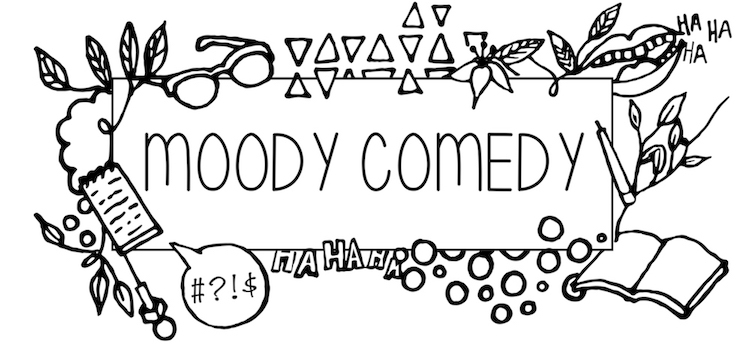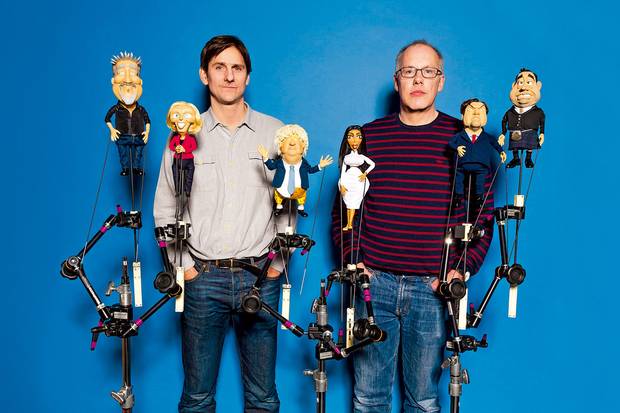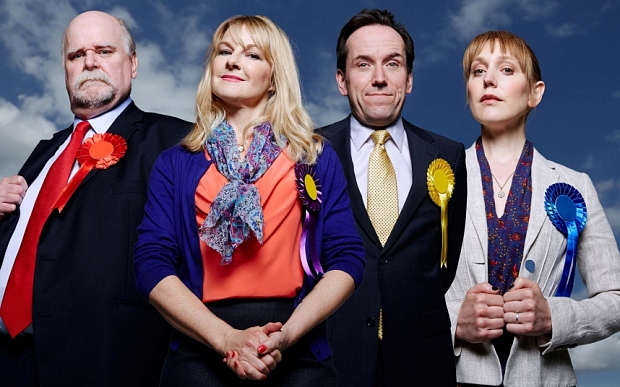February Comedian of the Month #44, Rachel Parris
Each Comedian of the Month on MoodyComedy is a comic who has never previously featured on the website. Reasons for selection can include various current projects the comedian is involved with, or perhaps recent appearances on television programmes or podcasts. There is no strict criteria however, as Comedian of the Month simply stands as a collection of recommendations, highlighting interesting and original aspects of certain comedians and their work.
Rachel Parris is a comedian, musician, actor and improviser, and performs as part of the Jane Austen-inspired comedy improv group, Austentatious. I’ve known her name for the last few years, but this month marked the first time I saw anything from her on television.
Parris is a regular face on the satirical sketch, faux-news show The Mash Report on BBC Two, which returned for its second series at the end of January and stars the likes of Nish Kumar and Ellie Taylor. Though at times I find this show a little testing to watch (I’ve never been able to get on with the man-in-suit-mocking-the-news format, it seems contrived and occasionally plain irritating), Parris is the reason I keep tuning back in.
Her skit about the harassment of women in the first episode of this series is a piece of comedy gold. Not only is it well-delivered, cheeky and surprising, but I think it also achieves what it initially set out to do: paint a clearer picture of the day to day harassment and casual sexism that women all over the world face.

© BBC
Nish’s ill-judged (perhaps scripted) comments about feeling uncomfortable after receiving an unusually long hug from Rachel evolves into one of the best moments of the sketch: ‘Don’t look at the script, Nish. It’ll be fine, Nish. Of course we wouldn’t do anything to make you feel uncomfortable!’ Parris replies within a split second, a cheery smile on her face and a glint in her eye: ‘Welcome to womanhood!’
Parris’ character is composed, patronising and she makes her points eloquently. She owns this show, and I’d certainly like to see more from her off the back of this success.
For more information, follow Rachel Parris on Twitter, or visit her website.



